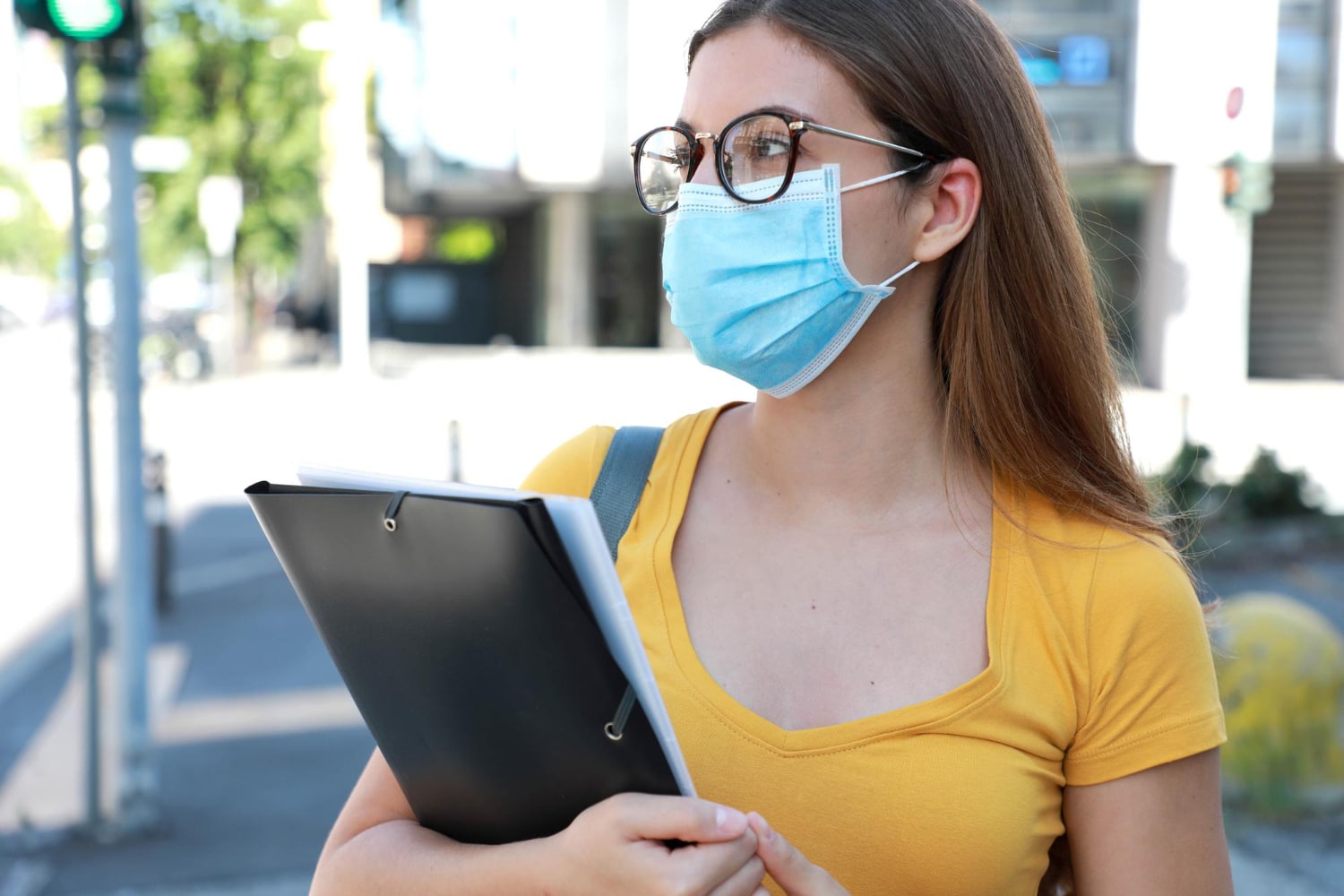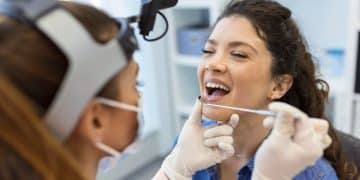How to access medical care as a student in the UK: A complete guide

Whether you’re studying for a short period as an international student or living in the UK for a more extended time, know how to access medical care as a student, your rights and responsibilities is essential.
As a student in the UK, access to healthcare is a vital concern, ensuring that you stay healthy throughout your studies.
The National Health Service (NHS) provides comprehensive healthcare services, but knowing how to register with a doctor, access treatment, and understand the services available to you will help you manage your health while studying.
This guide will explain how students can access medical care in the UK, including registering with an NHS doctor, understanding the services available to you, and whether you need additional health insurance.
For more detailed information, you can explore the NHS guide on healthcare for students.
Healthcare access for students in the UK
The UK offers universal healthcare through the National Health Service (NHS), which is free at the point of use for UK residents and some international students.
However, students need to understand how to register with the NHS and which services they are eligible for. Healthcare in the UK is broadly divided into two categories: primary care and secondary care.
Primary care includes general practitioners (GPs), dentists, and opticians, while secondary care encompasses specialized medical treatments, hospital visits, and emergency care.
As a student, your healthcare access primarily depends on your student status and residency arrangements.
In general, students will need to register with a GP to access primary healthcare services, while secondary care services may require referrals from a GP.
For international students, understanding the healthcare system and knowing what steps to take to register for healthcare is essential.
For further information on accessing healthcare as an international student, check out UCL’s international student healthcare page.
Registering with a General Practitioner (GP)
One of the first steps to accessing medical care in the UK is registering with a General Practitioner (GP).
The GP will act as your first point of contact for all non-emergency health issues, including common illnesses, vaccinations, prescriptions, and referrals to specialists.
To register with a GP, you will need to find a local GP surgery, which is often located close to your university or place of residence.
Once you’ve selected a surgery, complete the registration form by providing personal details such as your name, address, date of birth, and proof of your student status (e.g., a university ID card or enrolment letter).
Additionally, you may need to provide your medical history, including any pre-existing conditions or treatments you are receiving.
Once registered, you can make appointments for a range of medical services, such as consultations for illnesses, advice on mental health, and access to preventive care, including vaccinations.

What medical services are available to students in the UK?
In the UK, students can access a variety of healthcare services through the NHS. Below is an overview of the primary services available to students:
- Primary Care: Once you’ve registered with a GP, you can access a range of primary care services, including regular check-ups, treatment for illnesses, mental health support, and advice on lifestyle changes, such as diet and exercise.
- Prescriptions: If your GP prescribes any medication, the cost of prescriptions in England is £9.35 per item (as of 2022). However, students may be eligible for free prescriptions if they are under 16, under 19 and in full-time education, or meet certain health conditions.
- Emergency Care: In case of an emergency, you can visit a hospital’s Accident and Emergency (A&E) department. The NHS provides free emergency care in the UK, regardless of nationality or residence status, but you may need to provide details about your student status for registration purposes.
- Dental Care: NHS dental services are available for students in the UK, but they are typically not free. There are set fees for various dental procedures, which can be found on the NHS website. Some students may be entitled to free dental treatment, depending on their financial circumstances or if they are under 18.
- Mental Health Services: University students in the UK have access to a wide range of mental health services. These services include counselling, therapy, and mental health clinics, which can be accessed through the GP or university support systems. Many universities also have dedicated student wellbeing services to offer mental health support.
- Optical Care: For vision care, the NHS offers free eye tests for students under 16, under 19 and in full-time education, or those receiving certain benefits. However, glasses or contact lenses are generally not free.
You can find a comprehensive list of NHS services available to students at the NHS Services page.
Health insurance for students in the UK
While the NHS provides essential healthcare, students — especially international students — should consider whether additional health insurance is necessary.
International students who come from countries that do not have reciprocal healthcare agreements with the UK may need to purchase private health insurance to cover any medical costs that are not covered by the NHS.
How to apply for the NHS as an international student
In the UK, international students from countries within the European Union (EU) or the European Economic Area (EEA) may still be eligible for the NHS if they have a European Health Insurance Card (EHIC) or Global Health Insurance Card (GHIC).
Non-EU students may need to pay the immigration health surcharge as part of their visa application to access the NHS.
For more details on healthcare options for international students, you can check LSE’s Healthcare in the UK page.
Costs of healthcare for students in the UK
In most cases, UK residents can access NHS healthcare services free of charge. However, students may still encounter certain costs, depending on their eligibility and the type of care required.
Here is a breakdown of the typical healthcare costs students may face in the UK:
International students may need to pay additional costs, such as the immigration health surcharge, or purchase private insurance if they are not eligible for NHS coverage.
How to access healthcare for students in the UK: step-by-step
Accessing healthcare as a student in the UK is straightforward if you follow the right steps:
- Register with a GP: The first step is to register with a local GP surgery. You will need to provide your personal details, including proof of student status and, in the case of international students, evidence of your visa or residency status.
- Use Your Student ID: Your student ID card may allow you to access certain healthcare discounts or free services, such as eye tests and dental consultations, depending on your eligibility.
- Contact University Support Services: Most universities offer additional support through their student health and wellbeing services. If you need mental health support or advice on accessing healthcare, these services can guide you.
- Be Aware of Costs: Make sure you understand the costs associated with the care you need, especially if you’re required to pay for prescriptions, dental care, or specific treatments. Always inquire with your GP or healthcare provider about the cost of services before proceeding.
- Check for Free Healthcare Options: Many services, such as routine check-ups and some vaccinations, are free for eligible students. Be sure to take advantage of these services when possible.

FAQs about healthcare for students in the UK
- Do international students have access to NHS services?
Yes, international students can access NHS services if they have paid the immigration health surcharge as part of their visa application or have an EHIC/GHIC. If you’re unsure, check your eligibility or contact your university for advice.
- How do I register with a GP as a student?
To register, visit a local GP surgery and fill out the registration form. You’ll need to provide proof of your student status and a form of identification, such as a passport or student ID card.
- Is dental care free for students in the UK?
Dental care is not entirely free for students, but some students are eligible for free treatment based on their financial situation or age. There are set fees for dental care, but some students can apply for exemptions or discounts.
- Can I get mental health support as a student in the UK?
Yes, universities in the UK provide mental health support services to students. You can access these services directly through your university, or you may be referred to NHS services for more specialized treatment.
- How can I get free prescriptions as a student?
You may qualify for free prescriptions if you’re under 16, under 19 and in full-time education, or if you’re receiving certain benefits. Check the NHS website for more information on eligibility.
Accessing healthcare as a student in the UK is an essential part of your university experience, ensuring that you remain healthy and supported throughout your studies.
From registering with a GP to accessing mental health services, the UK offers a range of healthcare options for students.
Understanding how to navigate these services, knowing what’s free and what isn’t, and ensuring you’re registered for the NHS will help you stay on top of your health and well-being.
Whether you’re an international student or a UK resident, taking the right steps to access healthcare is crucial for a successful student life.
For further information on healthcare for students in the UK, visit the NHS guide for students.





